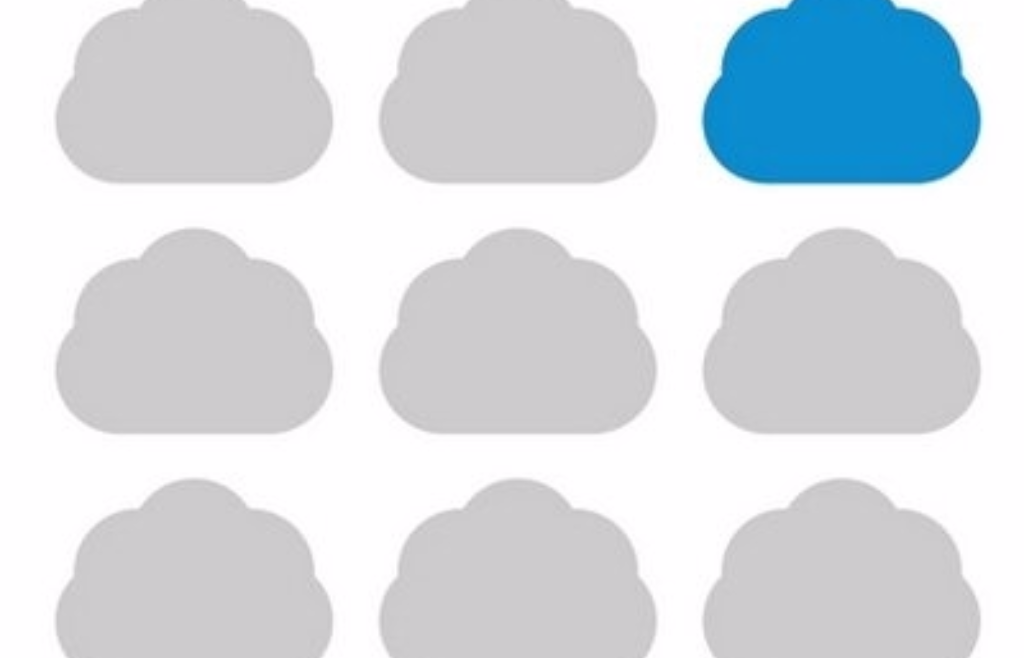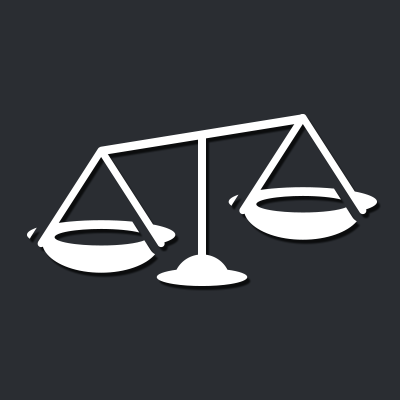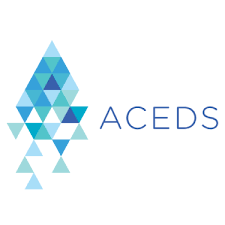CloudNine and Heureka Partner to Provide Legal Intelligence through Data and Legal Discovery Technologies
Integrated Offering Provides Data Discovery and Legal Discovery Capability throughout Information and Litigation Lifecycles
Houston, Texas (PRWEB) October 25, 2016
CloudNine, the eDiscovery Company (cloudnine.com) which provides eDiscovery automation software and professional services for litigation, investigations, and audits, today announced a partnership with Heureka Software, a preeminent provider of technology that gathers and analyzes unstructured data. The partnership will provide legal, business, and information technology professionals an integrated solution that combines data discovery and legal discovery to harvest data insight to provide actionable legal intelligence.
“Heureka’s technology helps organizations gain clarity on their data by allowing them to search and analyze unstructured data without moving a single file,” shared Brad Jenkins, CEO of CloudNine. “This capability, when coupled with CloudNine’s eDiscovery automation software, allows organizations to gain insight on data from the point of creation and then to seamlessly conduct legal discovery with a full-featured eDiscovery platform once data is identified for preservation and collection. This true end-to-end solution spans both the information lifecycle and litigation lifecycle of data, speeding and simplifying the tasks of data and legal discovery.”
“One of the biggest challenges organizations face today is understanding the data they have and extracting insight and intelligence from that data,” said Nate Latessa, CRO of Heureka Software. “The combining of our endpoint approach to indexing and identifying data with CloudNine’s ability to take data, normalize it, and make it ready for evaluation provides users with a seamless solution that can be used to help organizations understand risks, identify opportunities, and reduce exposure throughout the information lifecycle.”
The CloudNine/Heureka partnership provides organizations an integrated and robust technology solution for assessing and reviewing data.
The benefit of this combined solution to organizations is that it helps answer questions like:
- Where do I start if I want to understand my data? (Data Discovery)
- How do I start if I need to review my data? (Legal Discovery)
- How do I automate important discovery tasks to maximize effectiveness and efficiency? (Simplified Discovery Automation)
The partnership provides users with Simplified Discovery Automation that gives information, business, and legal professionals an integrated solution that automates eight core tasks that help organizations translate data discovery into insight, and insight into legal intelligence.
Divided into categories of Data Discovery (Insight) and Legal Discovery (Intelligence) these eight tasks include:
Data Discovery (Insight)
- Interrogation of Data
- Indexing of Data
- Preservation of Data
- Collection of Data
Legal Discovery (Intelligence)
- Ingestion of Data
- Processing of Data
- Review of Data
- Production of Data
These tasks are accomplished through the process integration of the Heureka Intelligence Platform and the CloudNine eDiscovery Platform. Combined, these offerings provide customers with a complete capability to discover data from the point of creation to defensible disposition. Information on the offering including offering capabilities, implementation requirements, security attributes, and subscription pricing along with use case discussions and demonstrations can be requested directly from CloudNine.
CloudNine and Heureka executives Doug Austin and Ron Copfer will be presenting an ACEDS webinar entitled “Simplified eDiscovery Automation: From Evolution to Revolution” on Thursday, November 3rd at 1pm EST. The presentation will include a demonstration of the complete CloudNine/Heureka offering. Click here for more information.
About CloudNine, The eDiscovery Company
Founded in 2002 and based in Houston, Texas, CloudNine is a legal intelligence technology company with deep expertise in the analysis, processing, and review of electronically stored information (ESI). Currently used by more than 50 of the top 250 Am Law firms as well as in many of the world’s leading corporations, CloudNine has been highlighted in reports and surveys by Gartner, 451 Research, Blue Hill Research, and Corporate Counsel Magazine. CloudNine also publishes the eDiscovery Daily Blog, a trusted source of information for the legal industry. A leader in eDiscovery automation, you can learn more about CloudNine at 713.462.3885, info@cloudnine.com, or at cloudnine.com.
About Heureka Software
The Heureka Intelligence Platform (HIP) provides a unified framework that enables organizations to identify information and gather intelligence from any of their digital endpoints on a global scale, in real time. HIP allows you to discover and analyze data in-place for strategic, surgical incident and event response. Heureka Software is based in Cleveland, Ohio. Learn more about Heureka Software at heurekasoftware.com.
For more information contact:
Rob Robinson, CMO, CloudNine
PR@cloudnine.com
512.934.7531
Christy Burke, President, Burke & Company
cburke@burke-company.com
917.623.5096








